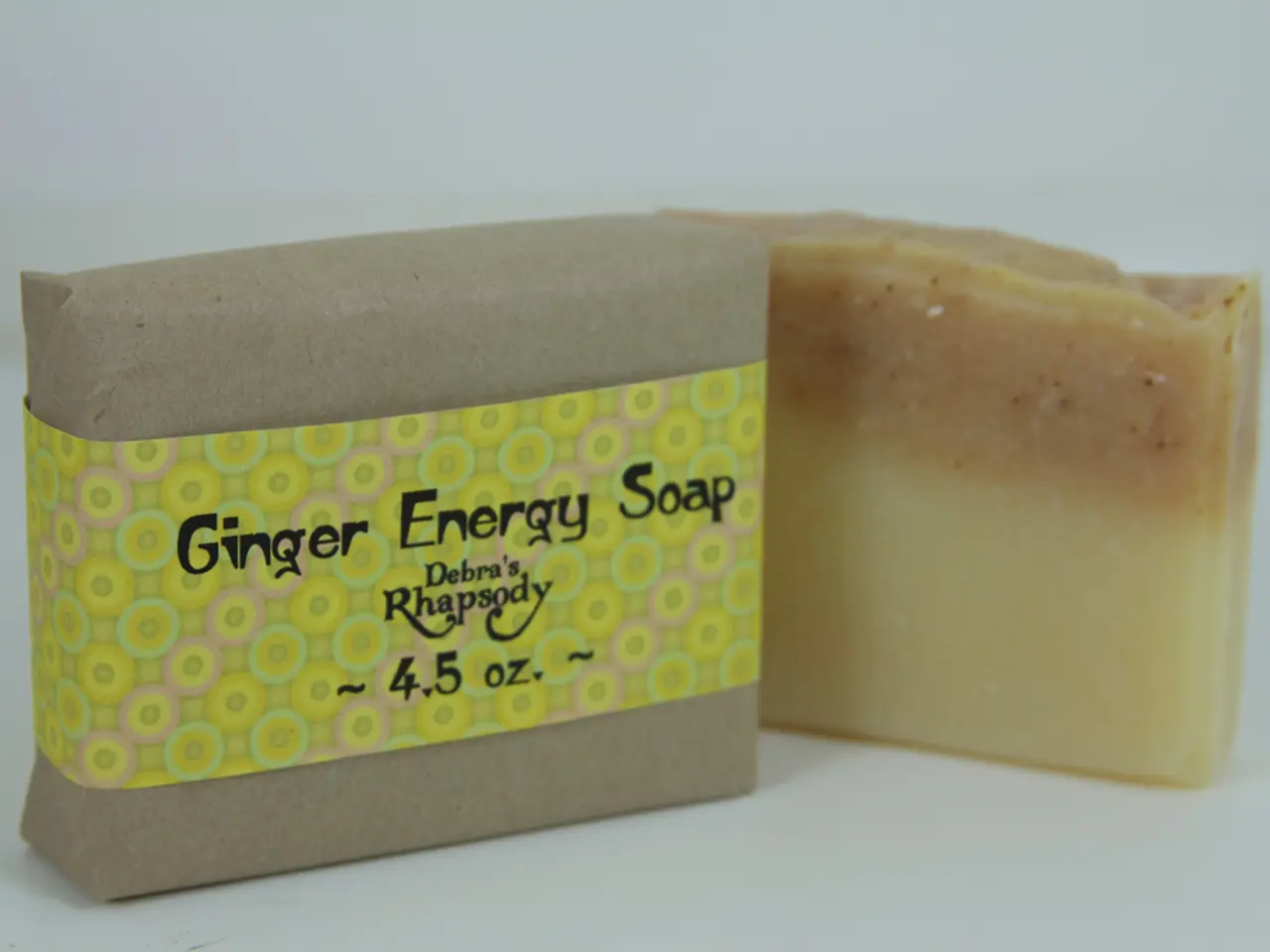Face Wash and Cleanser: A Comparative Analysis
In the realm of skincare, understanding the differences between cleansers and face washes is crucial for maintaining a healthy and radiant complexion. Despite their similarities in cleaning functions, these two products have distinct characteristics that cater to various skin types.
Cleansers and Face Washes: A Closer Look
Cleansers, a broad category of skincare products, are designed to gently wash the face while respecting its natural oils. They aid in the removal of impurities such as pollution, makeup, sunscreen, and excess oil. Cleansers come in various forms, including gel, cream, milk, or oil-based, each tailored to different skin needs. For instance, cream or milk cleansers are often preferred for dry or sensitive skin, while gel or oil-based cleansers work well for makeup removal or oilier complexions.
On the other hand, face washes typically refer to formulations that foam or lather upon use. These products contain surfactants that help lift dirt and excess oil, making them effective at deep cleansing pores and removing makeup, sunscreen, and grime. Historically, some foaming face washes used harsh sulfates causing dryness, but modern formulations use gentler, plant-based surfactants.
Foaming vs. Non-Foaming Face Washes
Foaming cleansers produce a bubbly foam, effective for oily and acne-prone skin by removing excess sebum. They are typically more cleansing but can risk drying out sensitive or dry skin if not formulated carefully. Non-foaming cleansers, on the other hand, are usually creamy, milky, or gel-like with minimal or no lather, designed to cleanse gently without stripping moisture. They are best suited for dry and normal skin types as they support hydration and the skin barrier.
Choosing the Right Cleanser or Face Wash
To ensure optimal skincare results, it's essential to choose a product that suits your skin type. For oily, combination, or acne-prone skin, opt for a foaming cleanser or gel-based face wash. These products deeply cleanse pores, remove excess oil, and makeup. For dry, sensitive, or normal skin, choose a cream, milk cleanser, or non-foaming face wash to maintain moisture and protect the skin barrier.
A Daily Skincare Routine with Cleansers and Face Washes
Cleansers are best used in the evening to remove makeup and daily impurities, and in the morning to refresh the skin without stripping natural oils. Start your day with a gentle cleanser to prepare your skin for makeup or other skincare products. Using a cleanser before a face wash maximizes the cleansing benefits while maintaining skin health.
Face washes are best used after physical activities or exposure to pollutants to ensure deep cleansing. For acne-prone skin, consider face washes with salicylic acid or benzoyl peroxide. For dry skin, opt for a moisturizing face wash with hydrating ingredients.
In conclusion, understanding the differences between cleansers and face washes is key to maintaining a healthy and balanced skincare routine. By choosing the right product based on your skin type, you can ensure optimal skincare results and a radiant complexion.
- Sensitive skin may find oil-based cleansers, such as those marketed in vegan skincare lines, less harsh on their complexion, helping to maintain a healthy-and-wellness balance.
- In the fashion-and-beauty realm, skincare routine enthusiasts often use a moisturizer after cleansing, ensuring their skin remains well-hydrated, especially when using acne-focused products like those containing salicylic acid or benzoyl peroxide.
- To keep skin clean, protected, and radiant, a daily sunscreen application is crucial, even in the home-and-garden environment; this step in a skincare routine is indispensable for long-term skin-care and overall health benefits.
- cleansers and face washes are scientifically formulated to address specific skin needs; understanding the science behind their components and how they interact with one's skin type is essential for personalized skin-care.
- Lifestyle factors, such as diet and exercise, can affect the underlining health of the skin, making it more or less prone to acne, dryness, or sensitivity; incorporating a wholesome lifestyle helps support and maintain a well-balanced and radiant complexion.
- For those with acne-prone skin, incorporating a gentler skincare line focused on health-and-wellness may offer improved results compared to traditional, harsher formulations containing sulfates.
- Skincare routine novices might benefit from incorporating hyaluronic acid into their routine, as this powerful humectant can help draw moisture into the skin and lock it in for a supple, glowing appearance.
- Whether you prefer the minimal lather of a non-foaming cleanser or the invigorating foam of a foaming face wash, maintaining a consistent skincare routine is the key to a healthy, radiant, and beautiful complexion.





